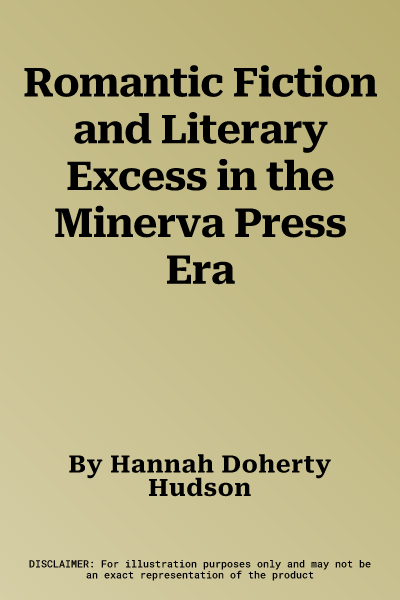Hannah Doherty Hudson
(Author)Romantic Fiction and Literary Excess in the Minerva Press EraHardcover, 11 May 2023

Qty
1
Turbo
Ships in 2 - 3 days
In Stock
Free Delivery
Cash on Delivery
15 Days
Free Returns
Secure Checkout

Part of Series
Cambridge Studies in Romanticism
Print Length
280 pages
Language
English
Publisher
Cambridge University Press
Date Published
11 May 2023
ISBN-10
100932196X
ISBN-13
9781009321969
Description
Product Details
Author:
Book Format:
Hardcover
Country of Origin:
US
Date Published:
11 May 2023
Dimensions:
22.86 x
15.24 x
1.91 cm
Genre:
British
ISBN-10:
100932196X
ISBN-13:
9781009321969
Language:
English
Location:
Cambridge
Pages:
280
Publisher:
Weight:
580.6 gm